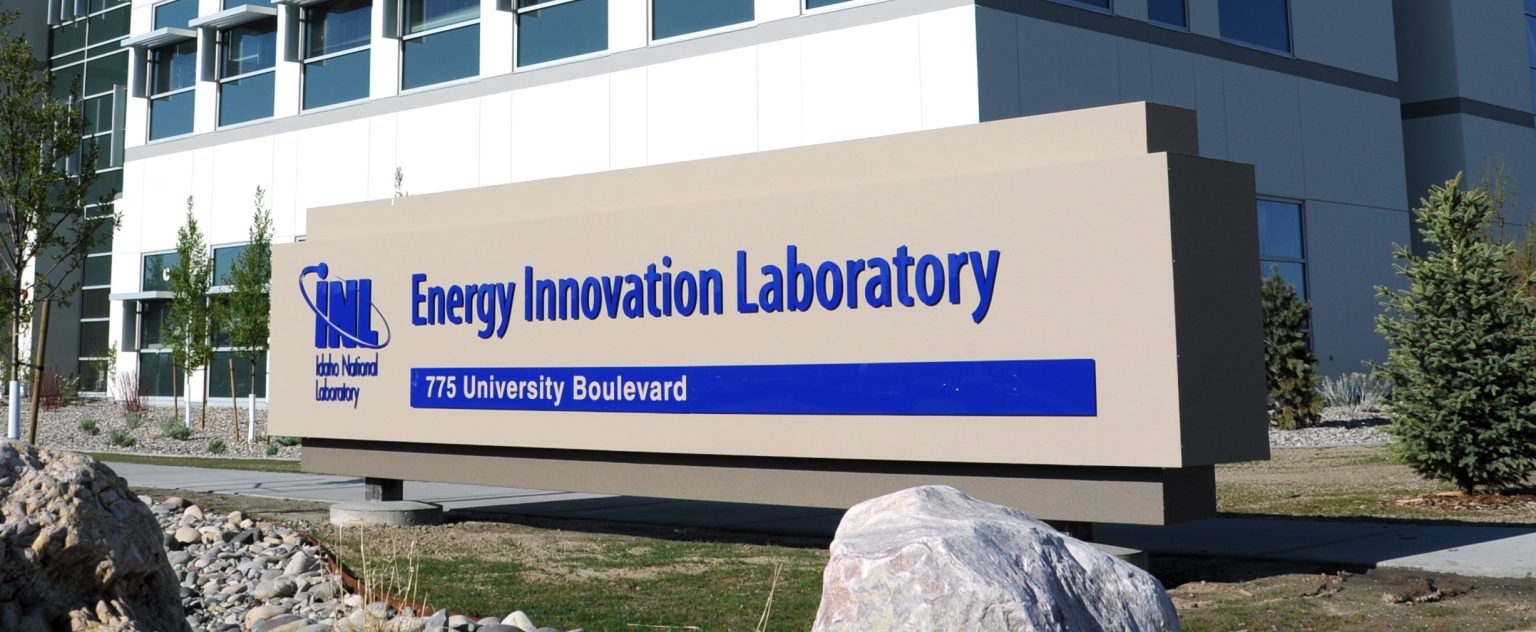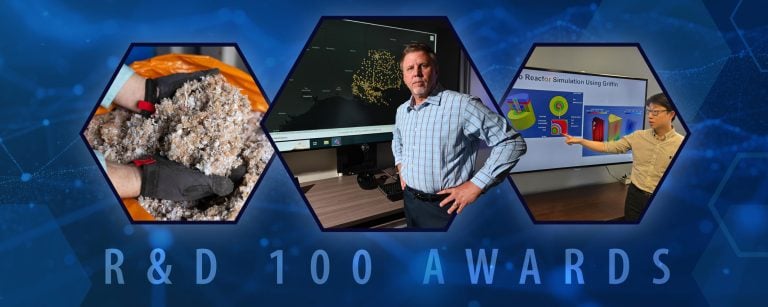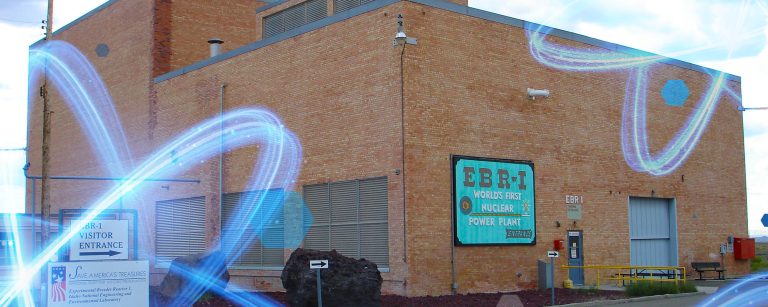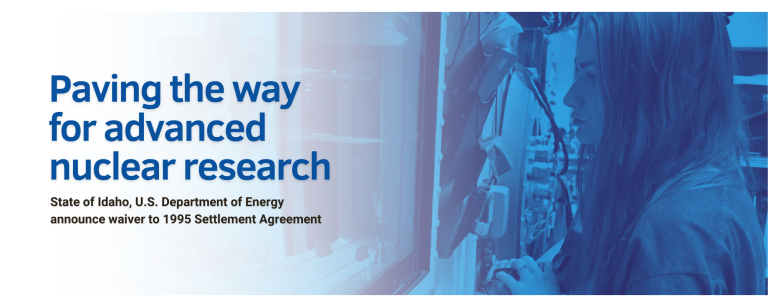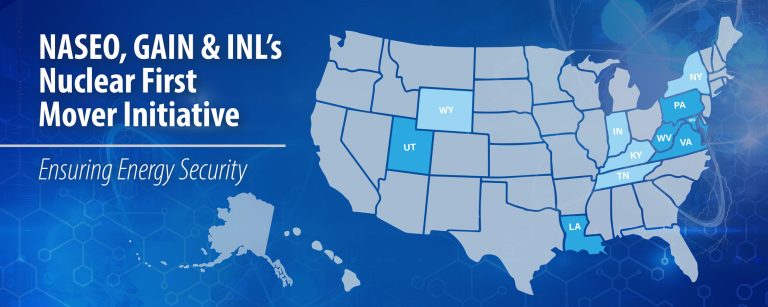INL selects DOE Lab-Corps Program participants
Idaho National Laboratory has selected two teams to participate in the Department of Energy’s Lab-Corps Program during 2015.
Last fall, DOE selected proposals from six national labs to develop and test approaches for a $2.3 million pilot program called Lab-Corps, which is designed to accelerate the commercialization of clean energy technologies. On Oct. 29, 2014, DOE’s Office of Energy Efficiency and Renewable Energy announced that INL’s proposal was among those selected.
“Our program is designed to immerse each three-person team in an approach to learn about successfully commercializing their discoveries to the private sector,” said INL Lab-Corps leader Tammie Borders. “This will empower our researchers to accelerate moving their technologies into the marketplace, further advancing American leadership in clean energy.”
Before selecting two candidates, INL reviewed several technologies for the Lab-Corps program that promise advancements in sustainable transportation, renewable power and energy efficiency lab technologies. Researcher Matthew Balderree’s technology is an application that facilitates material inspection of wind turbine blades using unmanned aircraft, which will make inspections safer, faster and more economical. INL researcher Brant Peery has developed a copyrighted middleware technology that assembles data from a wide variety of databases that use different formats and presents the data in a user-friendly manner.
“DOE’s Lab-Corps program offers a new pathway to advance greater collaboration between industry and national laboratories,” said INL Associate Laboratory Director Steven Aumeier. “The goal is to strengthen the nation’s global competitiveness and advance clean energy performance by collectively overcoming a series of challenges.”
Modeled closely after the National Science Foundation’s I-Corps program, Lab-Corps is managed by the National Renewable Energy Laboratory and seeks to strengthen the impact national laboratories have on the nation’s energy landscape. The technology accelerator and training curriculum enables lab-based teams to gain direct market feedback on their technologies and pursues business commercialization opportunities.
“Each team has an INL researcher, an entrepreneurial lead and an industry mentor,” said Borders. “The entrepreneurial lead and the industry mentor are selected from talented business leaders who work outside of INL in order to offer a fresh perspective for the team.”
INL’s pilot program capitalizes on previous work with the Idaho Technology Council, Boise State University and Renewable Technology Ventures. These groups have assisted in identifying potential entrepreneurial leads and industry mentors for the teams.
During the seven-week training provided by the National Renewable Energy Laboratory, each team will visit companies in the appropriate market sectors and meet face-to-face with customers. Using a business model canvas, the team will use this road map technique to determine the key resources, activities, partners, customer relationships and strengths their business idea brings to the marketplace.
“We are expecting highly energetic teams who will hone their new entrepreneurial talents and gain exceptional insight into commercializing innovative technologies in the private sector,” said Borders.

